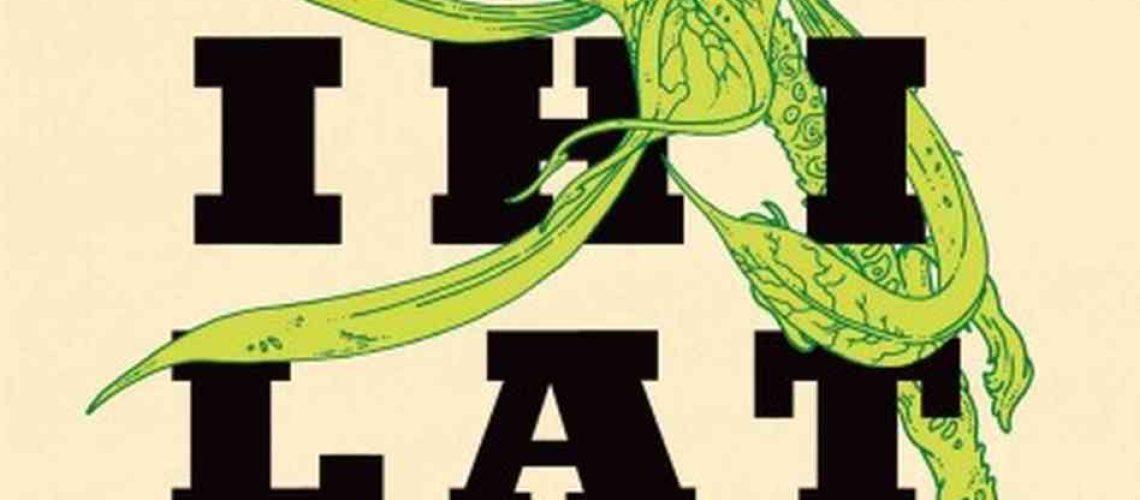Jeff Vandermeer has always been a frustrating author to me. He is an incredible anthologist and an adroit genre critic. I want to love his books. I should love his books. The New Weird movement got me into writing in the first place. But, for some reason, I’ve had a hard time getting into them.
Not so with Annihilation, and that’s a relief.
Annihilation is the story of “Area X,” an irrational, transitional landscape in the south. With shifting, horrible borders that must be passed through under hypnosis, it’s at once part of and separated from the mundane world. Inside Area X, monsters come in familiar forms, and nothing is what it seems. Expeditions have been going into Area X for a long time, with few survivors. The mysterious organization dubbed the “Southern Reach” controls Area X. They also condition and “prepare” each expedition, but there is so much unknown about Area X.
The story is told in a journalistic style, written by “the biologist,” the narrator and main character of the book. She’s an introverted scientist, and her journal reinforces that with language that is at once sterile and illuminating. As the story progresses, though, we learn more of the biologist’s past and why she volunteered for the expedition. The language becomes more descriptive, less sterile. Scientific clarity is replaced with near-hysterical pondering.
The other characters in the novel are equally interesting: the psychotic psychiatrist, the paranoid surveyor, and the hesitant anthropologist. And like the biologist, they all undergo changes both familiar and strange.
The main term I would use to describe this story is “transitional.” The biologist – an expert in transitional landscapes – is in a state of constant transition. She moves through landscapes that transition around her. She watches her colleagues’ transition to altered mental states.
Another term you could use is “unreliable.” The Southern Reach purposefully withholds and misinterprets information for the expedition. Maps are altered. Hypnosis is used as a weapon. Observations both internal and external always carry a hint of doubt. The biologist is constantly questioning herself, her observations, and the environment which she has entered.
“Control” is a central theme of the novel. Information is tightly controlled by the Southern Reach. The expedition is controlled by the psychologist and her hypnotic suggestions. Talismans of control – guns – are distributed to the team at the first sign of trouble, but this is only an illusory control. It becomes clear that the ultimate control – over one’s life and the end thereof – has been taken by Area X.
It would be easy to compare this novel to another novel of a strange, “alien” area with a state controlled border – Roadside Picnic – and in that you would not be incorrect. However, where Roadside Picnic dealt with the corruption of technology and the state, Annihilation deals with corruption of the environment and the state. They are complimentary in that way. On matters of quality and enjoyment, however, I give Annihilation the clear edge.
I could talk for hours about this book, exploring the themes of control, corruption, and transitions. I haven’t even mentioned the titular theme of “annihilation” that suffuses the entire book – the annihilation of control, history, information, and the self – and I may very much do so in a future post.
In my opinion, this is one of the best books to be published in or out of genre in recent memory. Look for it not only on Hugo and Nebula awards lists next year, but Locus, Clarke, Stoker, Edgar, WFA, WSFA, PKD, and Shirley Jackson lists. That’s the thing about this book: it borders and crosses so many “genres” that it is truly impossible to categorize. That, combined with its quality of prose, plot, and theme, should draw nearly universal acclaim in the coming year.
This is a great, important novel. I can’t wait to read the next one.








